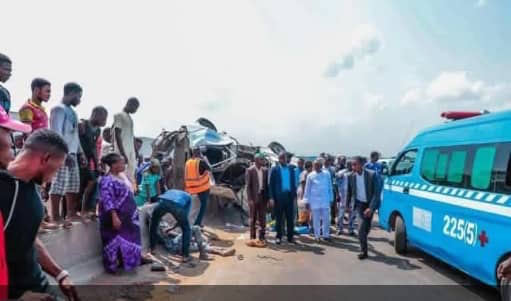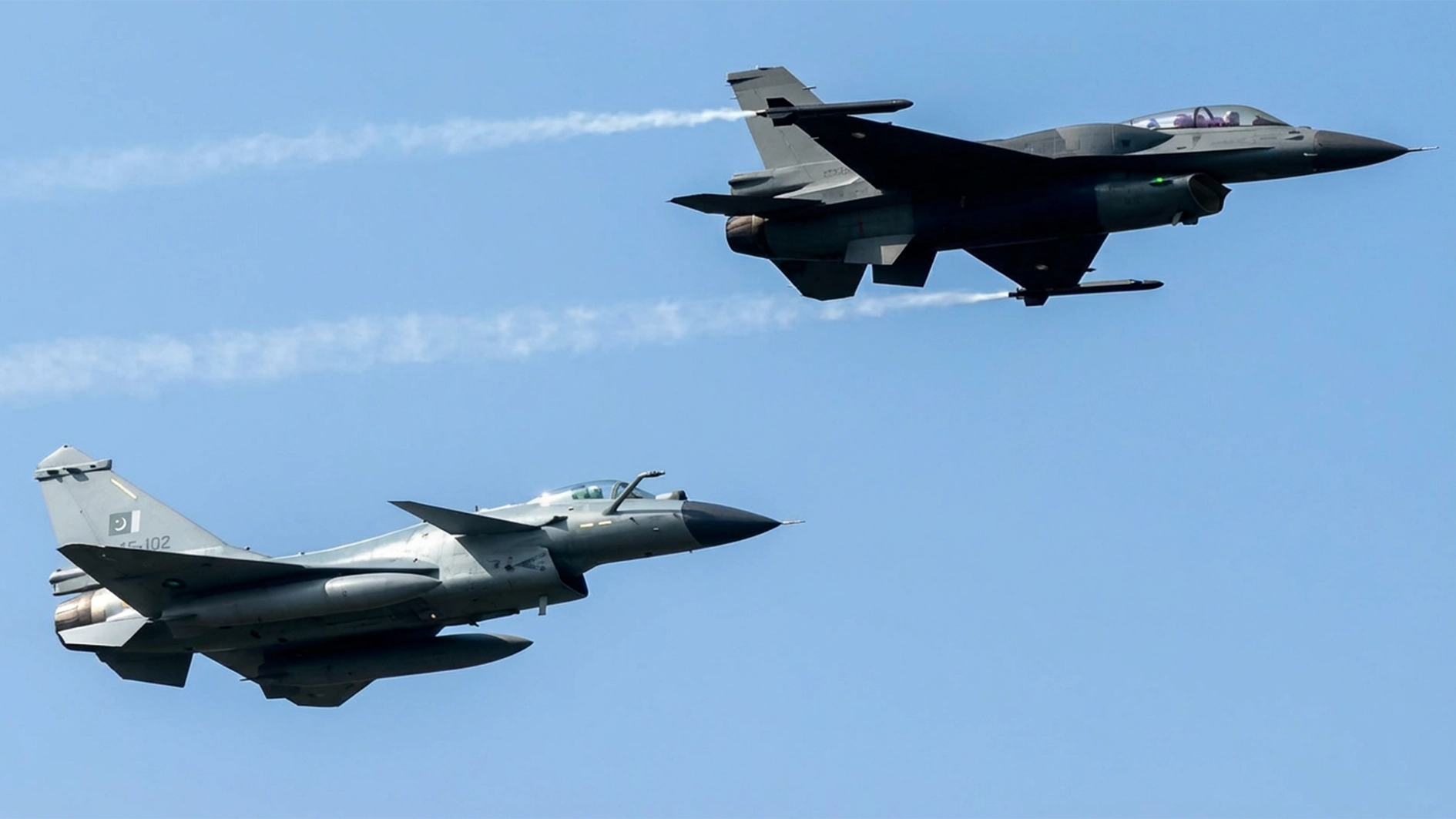As part of efforts aimed at strengthening capacity of media institutions, journalists and social media content creators to develop and mainstream Media and Information Literacy (MIL) policy into their editorials and contents, the United Nations Educational, Scientific and Cultural Organisation (UNESCO) in partnership with Media Awareness and Information For All Network (MAIN) recently organised a two-day capacity building workshop for media managers, senior journalists and content creators in North-West geo political zone of the country.
Themed, “Integrating Media and Information Literacy (MIL) into editorial policies of media organisations and social media content creators,” the event was declared open by the Kano State Commissioner for Information and Internal Affairs, Ibrahim Waiya.
To him, “the issue of media and information literacy must be taken seriously. Media education is important. Therefore, this training workshop cannot come at a better time when many people on the street are now assuming the role of a journalist, even though they do not have any experience or professional training. All they have is just a smartphone and internet access.”
In tackling misinformation and disinformation, Waiya urged media Chief Executives and senior editors to put in place an operational procedure that will ensure the integrity of the information ecosystem.
Saying the role of media executives is pivotal, Head of Office and Representative (AI) of UNESCO Office in Abuja, Albert Mendy, noted, “your leadership in promoting ethical, inclusive, and MIL-informed journalism will not only enhance the quality of news and information but will also contribute to rebuilding public trust and strengthening democratic engagement.”
The UNESCO Head of Office, represented by Yachat Nuhu of the UNESCO Abuja Communication and Information Sector, urged the participants to use the workshop platform to exchange ideas, share best practices, and identify sustainable strategies for embedding MIL into the culture of journalism.
To him, “by doing so, we affirm the media’s enduring role as a public good and a cornerstone of freedom of expression.”
He also acknowledged Kano State government for always associating with UNESCO-led activities, adding, “we would also like to express our appreciation to our implementing partner MAIN for their steadfast collaboration and shared commitment to empowering media actors across Nigeria.”
The Zonal Director of National Broadcasting Commission (NBC), Jamilu Yahaya Jega, noted as a regulatory body committed to fostering responsible broadcasting and content creation, “we recognise that Media and information literacy represents a critical foundation for building an informed citizenry.”
Represented by the NBC Kano State Director, Adamu Salisu, the Zonal Director affirmed that the integration of MIL principles into editorial policies is not merely a theoretical exercise but a practical necessity.
According to Jega, “when media organisations and content creators embed these principles into their operational frameworks, they significantly contribute to elevating professional standards, promoting ethical practices, and enhancing public trust. This workshop, therefore, addresses one of the most pressing needs in our contemporary media ecosystem.”
In his remarks, the Chairman of MAIN, Prof Jide Jimoh, highlighted the threats posed by widespread cases of misinformation and disinformation to ethical journalism and democratic engagement.
He urged the participants to seize the opportunity of the training to deepen their knowledge of the intersection of MIL and ethical journalism and media practice.
The training was attended by 30 senior management staff of 25 media organisations in the including radio, television, newspapers and social media platforms, seven North-Western States.






